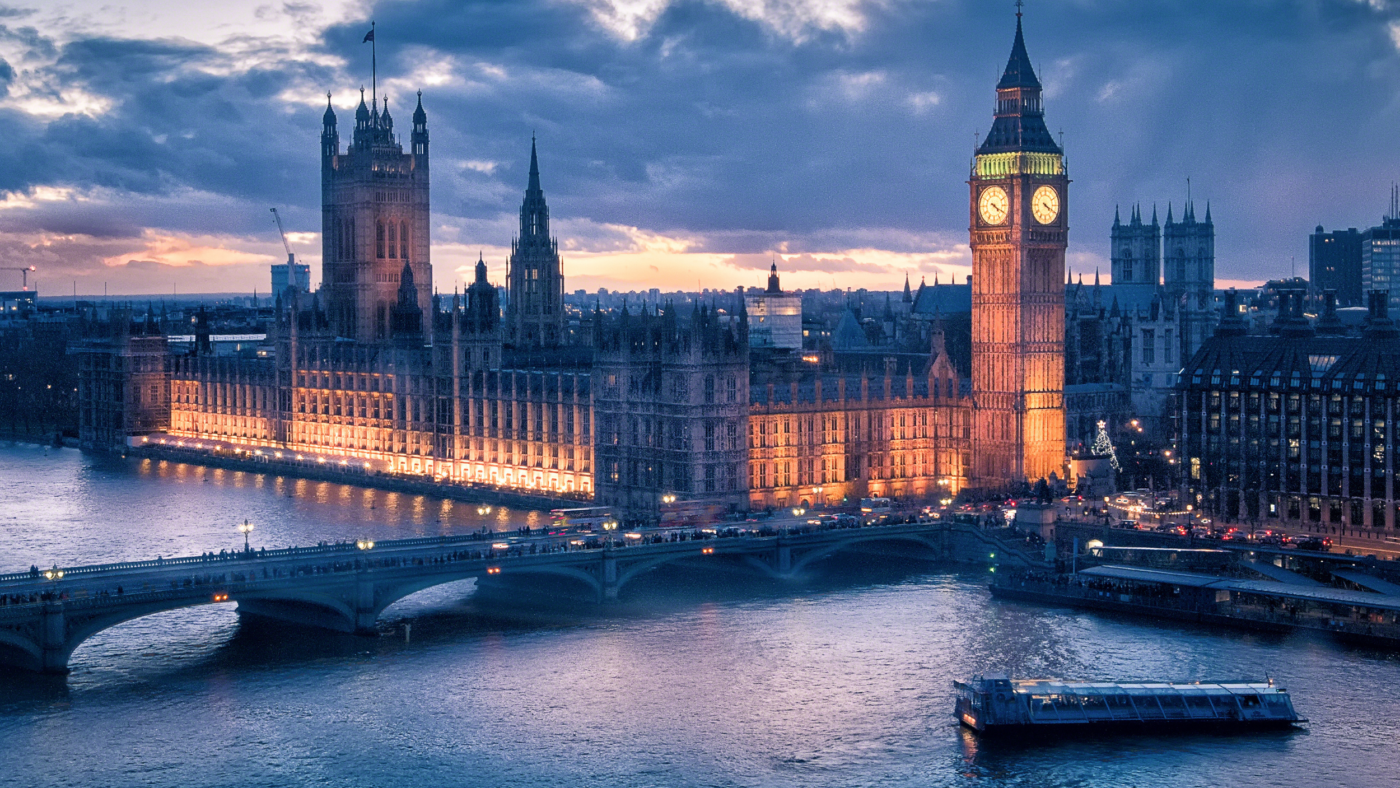For a country with a such a rich democratic history, it’s a hard fact to accept that we have one of the most centralised political systems in the Western world.
Whitehall controls around 95% of the UK’s tax revenue and is responsible for 75% of our public spending. This imbalance has resulted in successive inhabitants of Numbers 10 and 11 Downing Street seeing local governments as a tool to deliver on priorities set in the capital – not as equal partners. Few politicians are fond of giving power away, which makes them susceptible to one of the greatest policy misdemeanours there is: that one size can fit all. It doesn’t.
It should come as no surprise that when power is unequally distributed, so too are opportunities. While few neighbourhoods boom with creativity and dynamism, countless left-behind towns struggle to create opportunities for their local youth. So stark are the differences seen across Britain that the Centre for Social Justice (evoking Benjamin Disraeli) recently depicted our country as ‘Two Nations’, deeply divided by inequality. It is a description which rings painfully true.
Worryingly, the CSJ’s report shows that this inequality changes people’s perspective of the life around them. While an average person in Britain rates almost all features of their local life positively – from the town centre to childcare – people from the most deprived neighbourhoods have a much more negative outlook on every aspect. More specifically, they are actively more anxious about their communities, crime, addictions and employment opportunities. They are more likely to be suffering from mental and physical health problems or living through a family breakdown. A high-functioning democracy and economy requires everyone to be able to have the best shot in life, and that’s clearly not the case at the moment.
One answer to this is to turn on the spending taps. However, that is not a viable option at this point. We are already living with a historically high tax and spend economy. Increasing the burden on the taxpayer even further may be a short-term jab in the arm, but it won’t be a sustainable investment.
Fixing a problem of this scale requires structural change. And this should start by trusting communities more to make critical decisions on their local economies. Right now, too much regional investment is dictated by the centre. Inefficiency is at the heart of this system. It causes bidding wars among local political and economic actors, who try to lobby Whitehall to change policies or to direct investment to fit the needs of local people. Elected councils’ powers cannot match the influence of civil servants – they are “rewarded” with resources if their bids can get approval.
From a business perspective, this stasis is crippling. There can be no confidence in investing locally – employing local people, building infrastructure, putting down roots – when the majority of planning happens in London. It is opaque and blows with the wind of political change. Levelling up was once the future for local economies. Nobody is talking about it anymore.
It doesn’t need to be this way. Since the first Tony Blair government, devolution has been a constant talking point. Under David Cameron and George Osborne, a system of metro mayors has successfully been introduced, helping places like Manchester, Birmingham, Teesside and Bristol take decisions into their own hands. Yet despite this, their powers – especially fiscal ones – remain limited, and since 2010, local government funding has been cut by around 40%. In the past decade, Whitehall has taken over the management of more public services, with little positive impact. The top-down reorganisations of our schools, courts, hospitals and care homes didn’t improve them.
Devolution is the right track but the version we are faced with is half-cooked. We need to give more autonomy to local councils and mayors. Looking to combine and coordinate multiple delivery systems in areas as diverse as housing, nutrition, disability, health, child welfare, and workforce services is almost impossible on a national scale.
On a regional scale, however, things become more manageable. We should consider integrating social services into local governments’ agendas and removing duplication. Councils should be judged on their performance in running these services, not on how well they can lobby Whitehall.
Localising these services will provide improved access, better health outcomes and increased efficiency in our social services. It would also give local communities the power and resources to prioritise according to their needs, direct investment and lead policymaking from the ground up. As we head towards the next round of local elections, and a general election shortly thereafter, now is the time to be brave and look to empower our regional leaders with the financial resources to do their job.
As Mayor, Andy Street has made a real difference in the West Midlands, where my own business, Rigby Group, is one of the region’s largest private companies. He will do even more if given the resources. I believe the same assessment would be true for Andy Burnham of Manchester and other local elected authorities across the UK. Let’s hope the pending manifestos take regional empowerment one stage further.
For levelling up to be anything more than a pithy slogan, power and resources must be localised. If we’re to truly empower our local communities, Whitehall must learn to let go.
Click here to subscribe to our daily briefing – the best pieces from CapX and across the web.
CapX depends on the generosity of its readers. If you value what we do, please consider making a donation.


